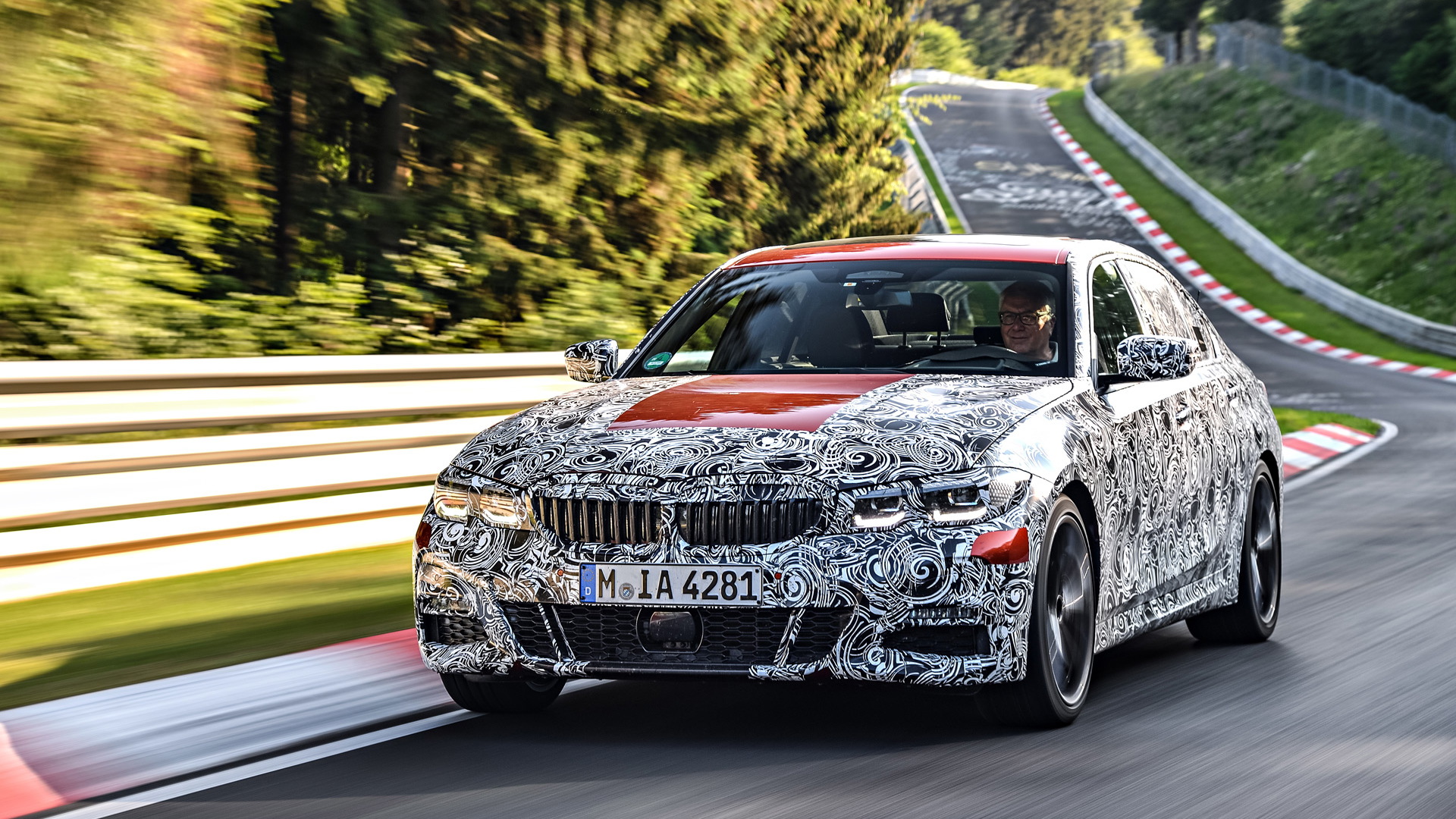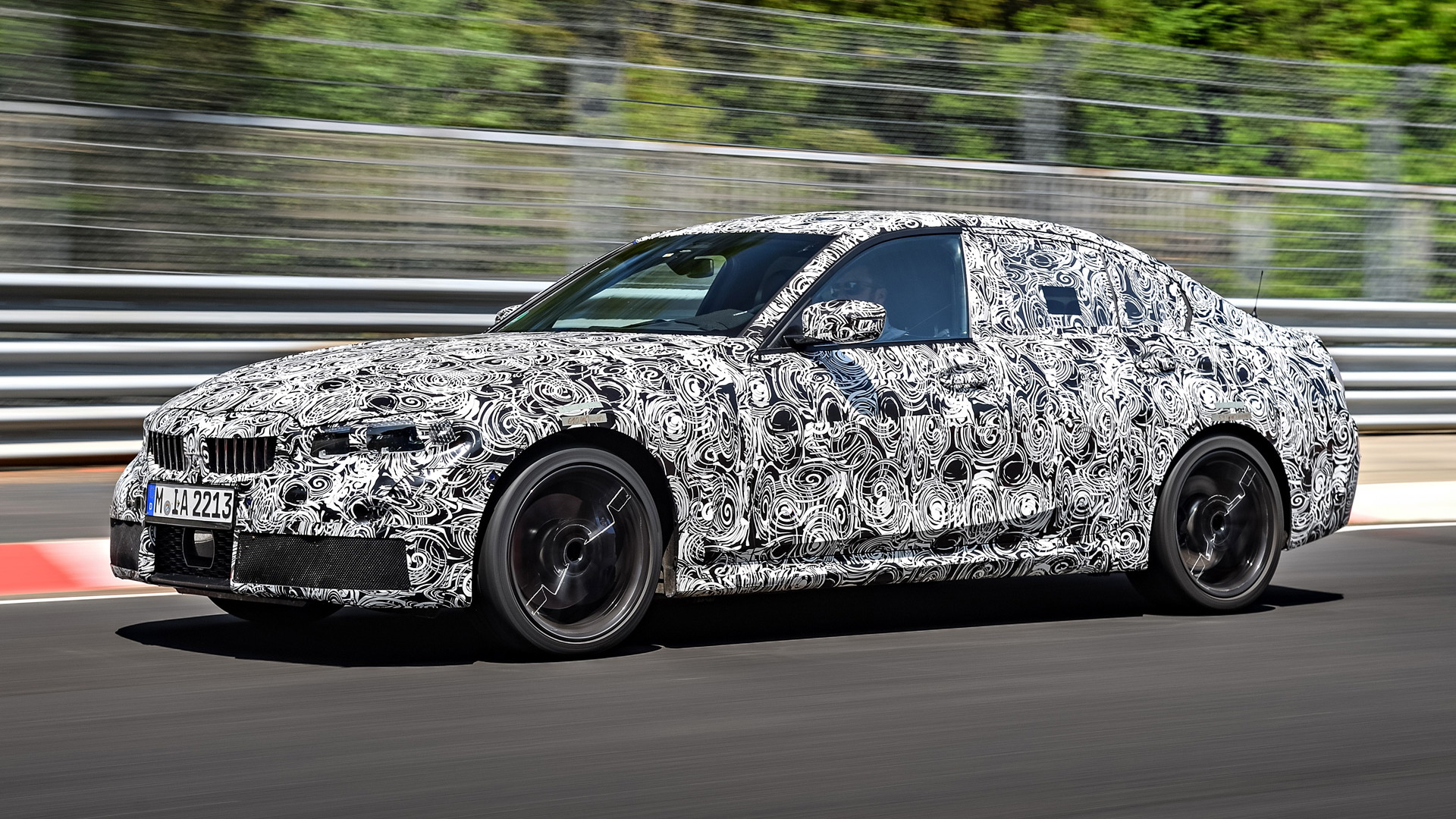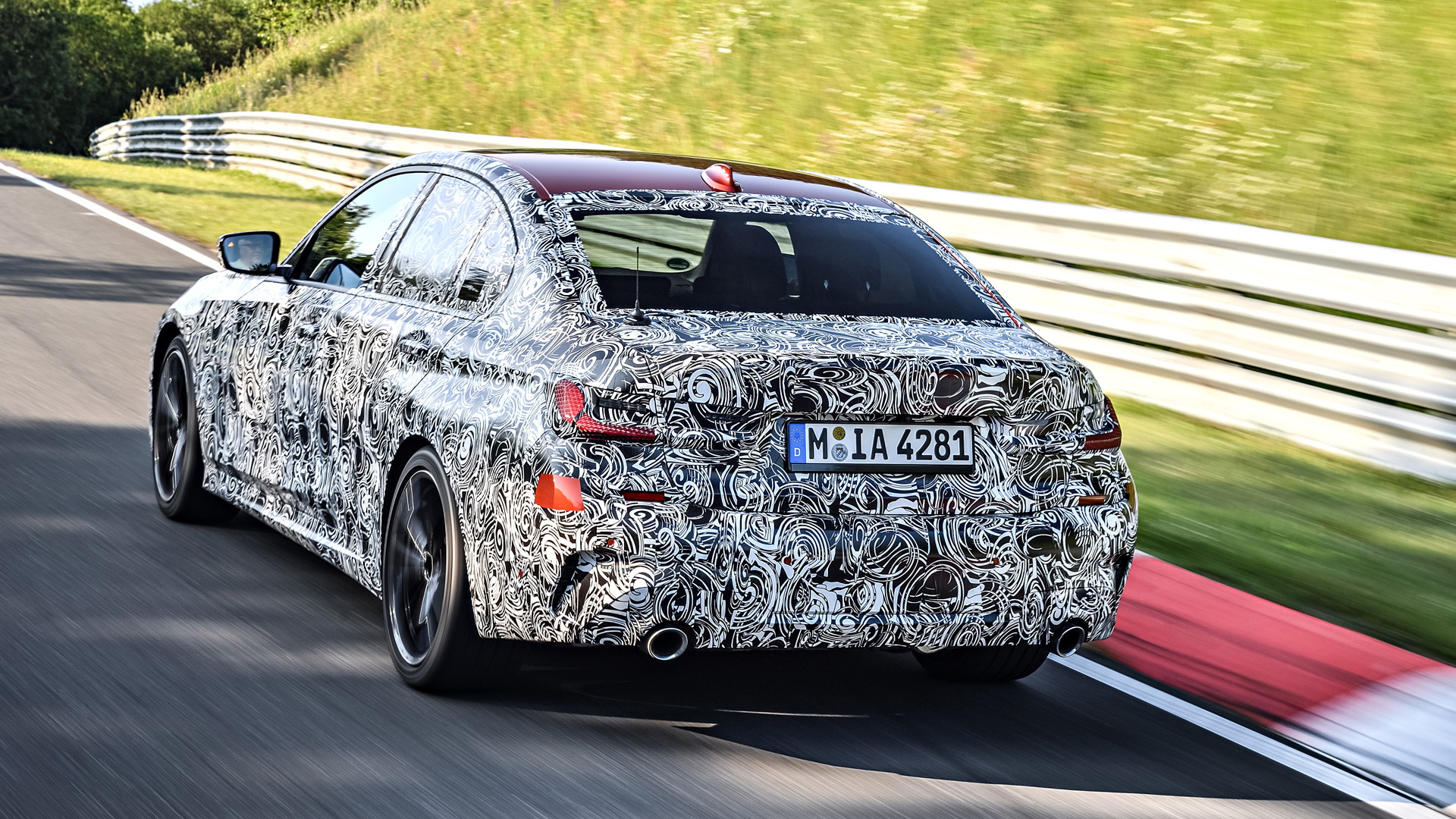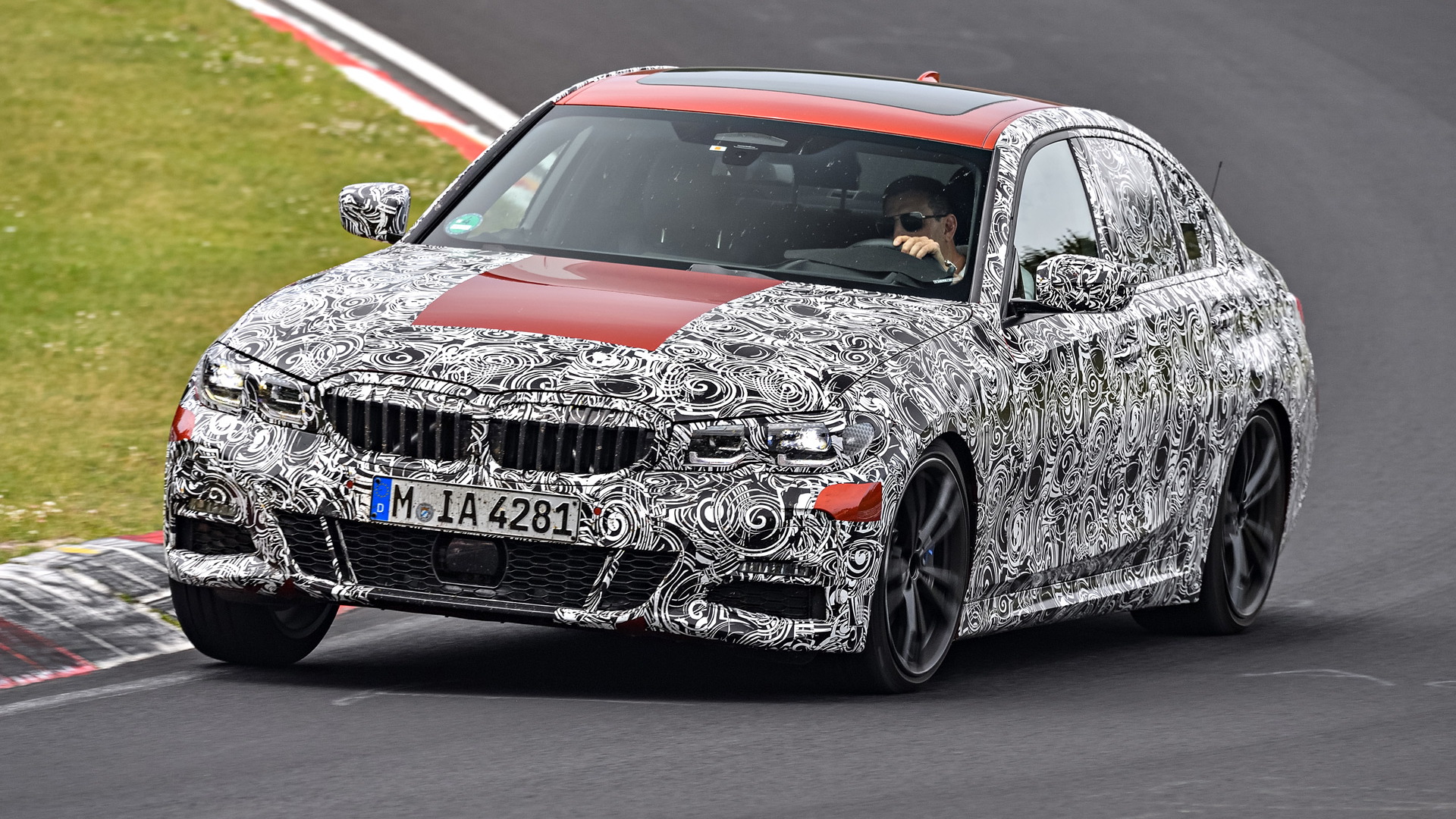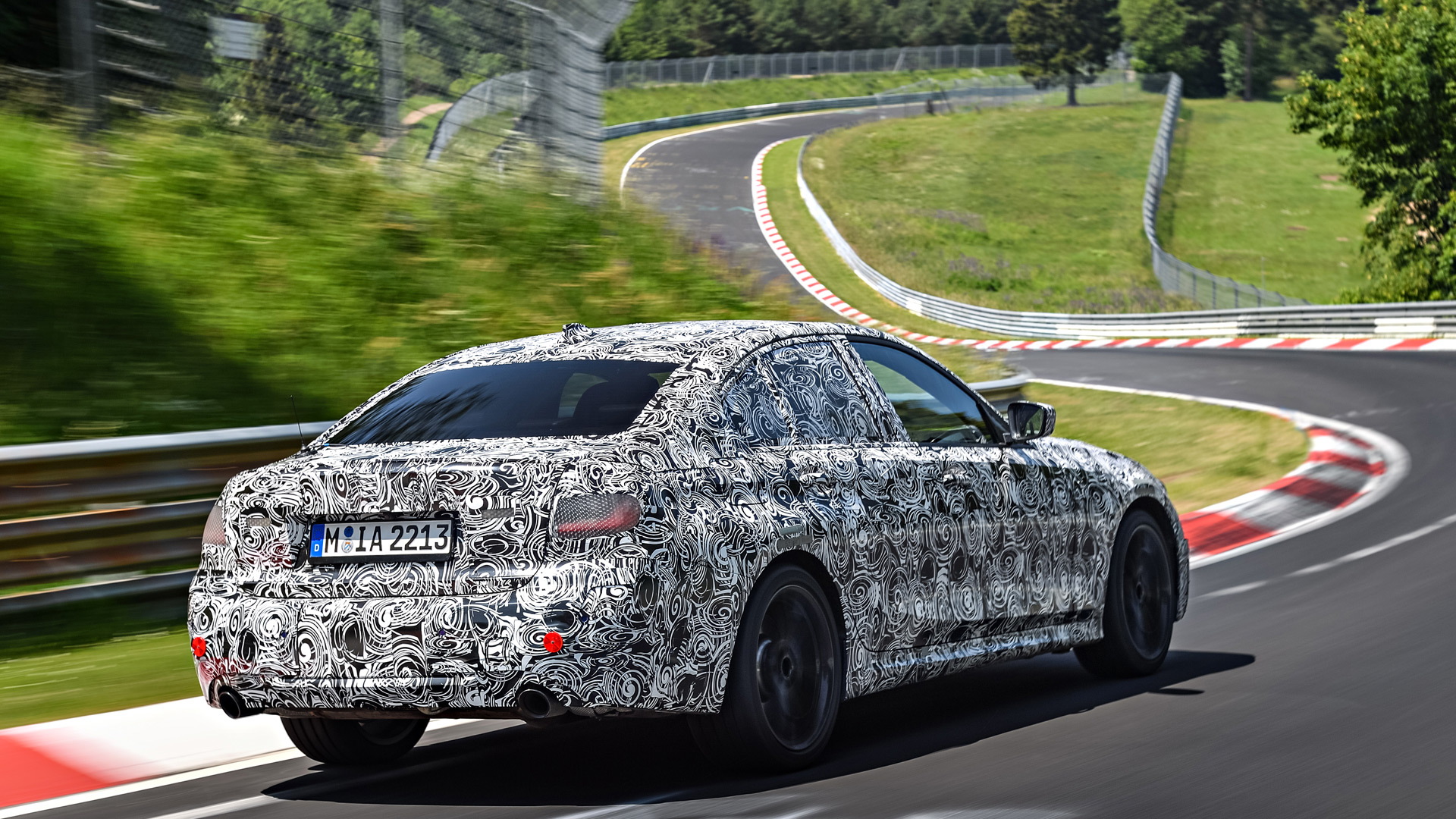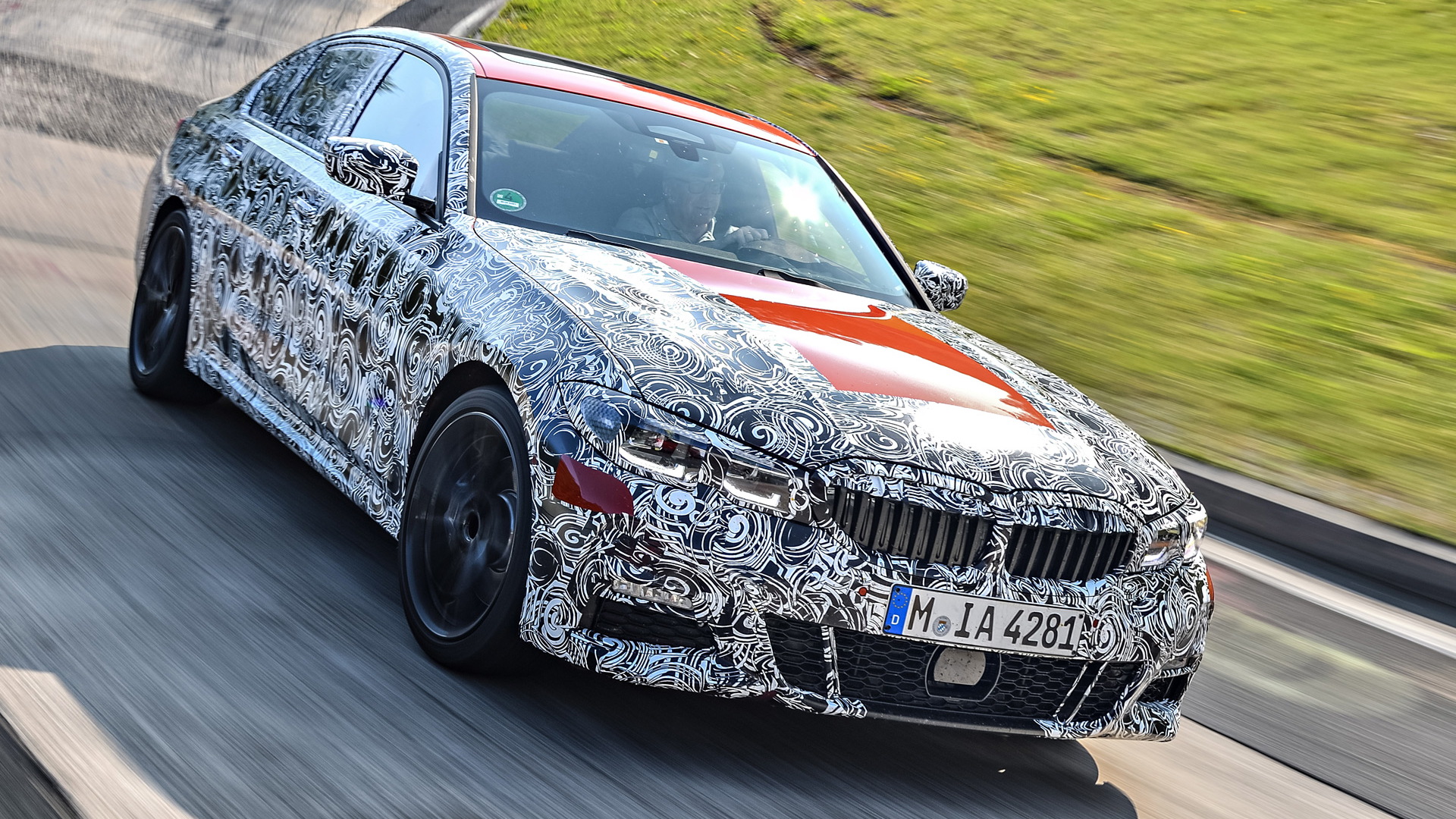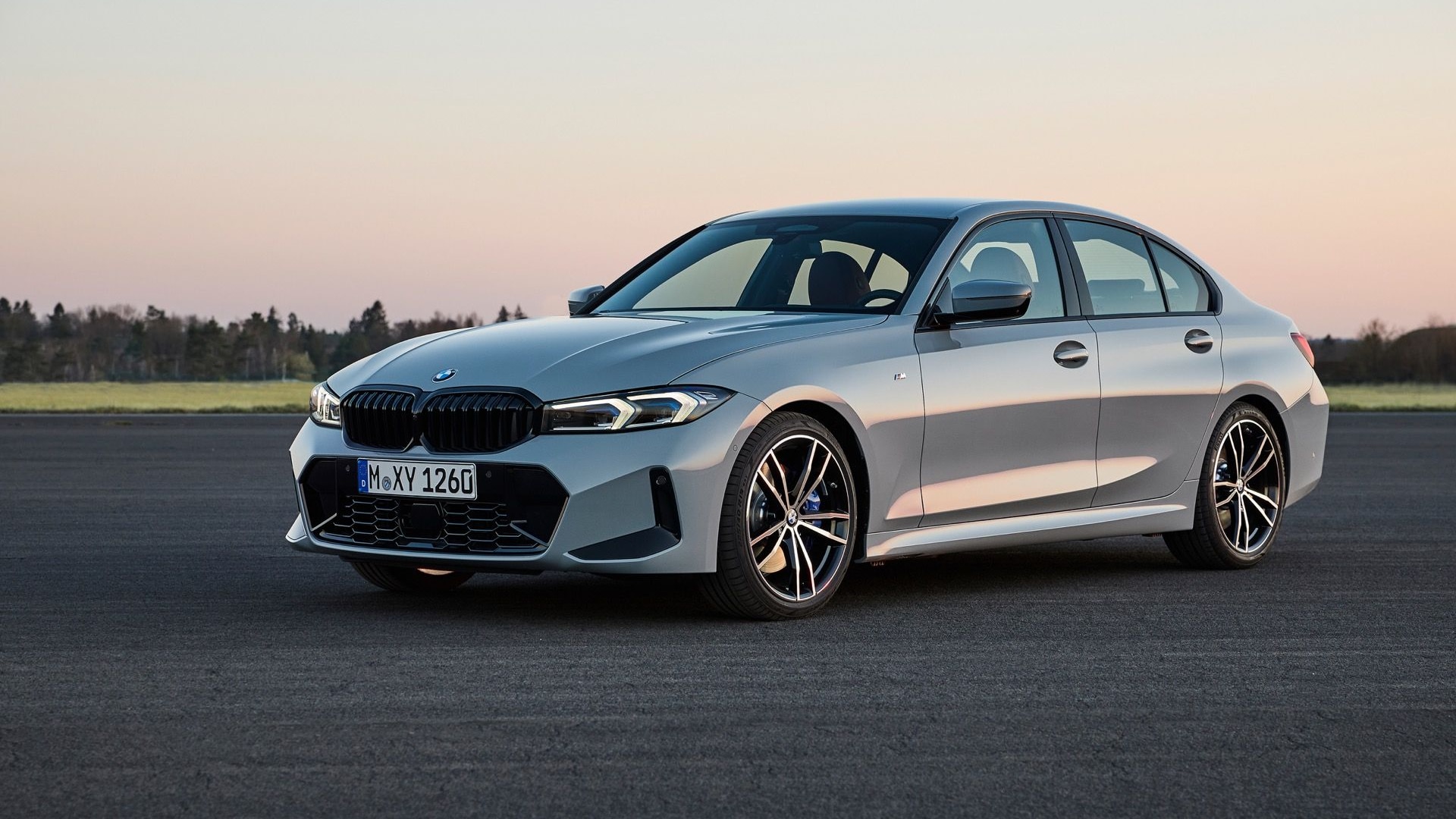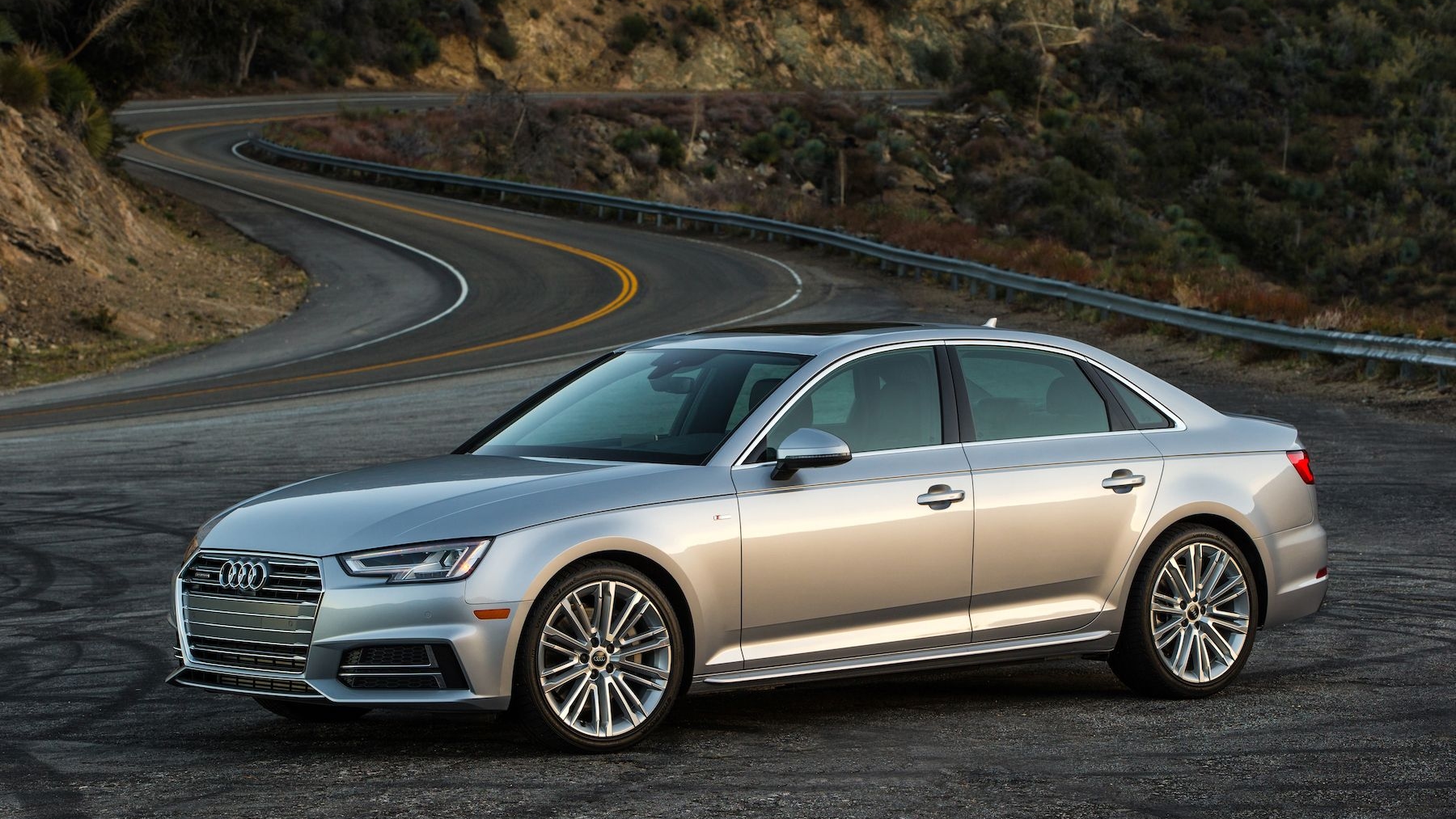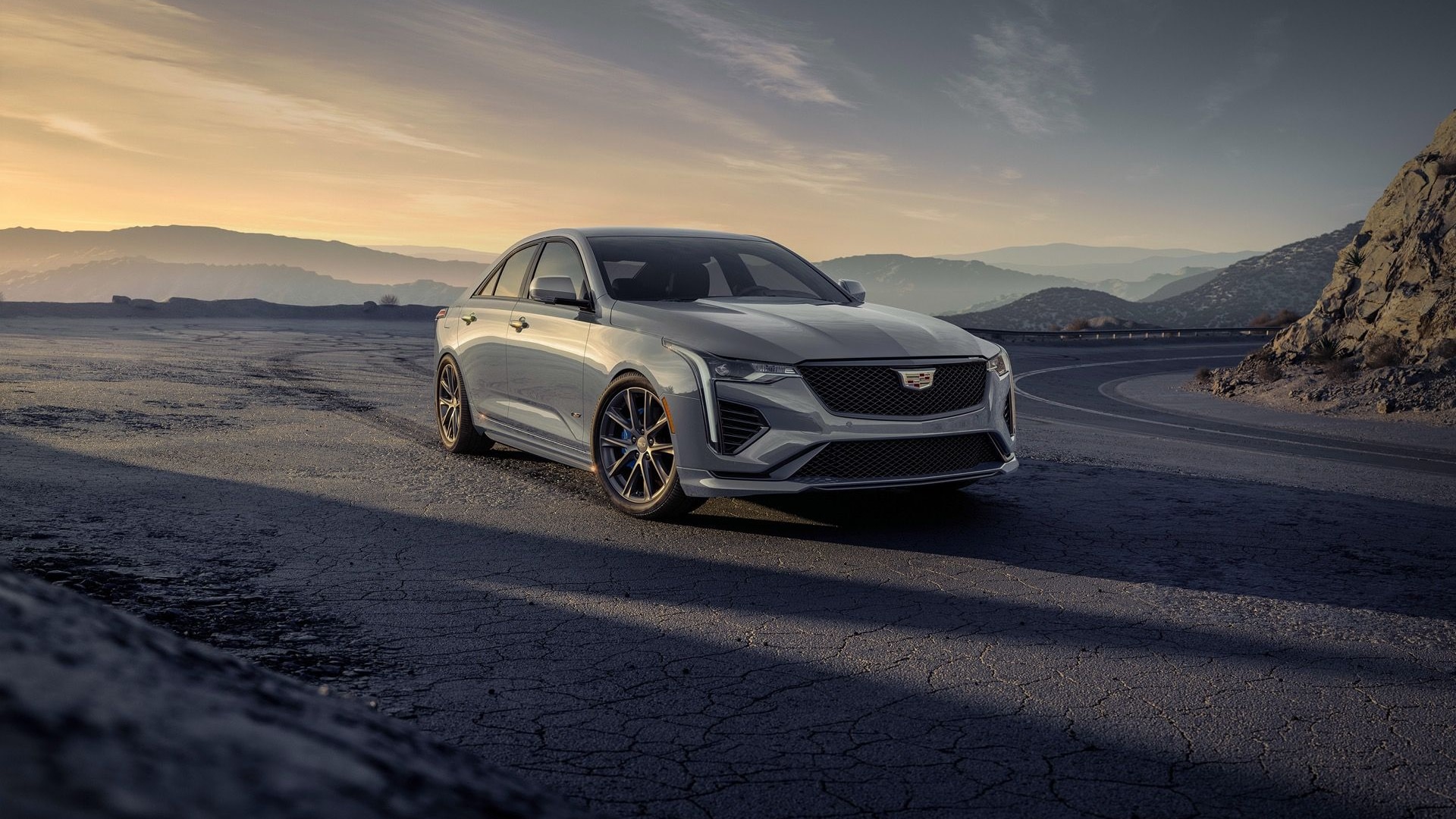BMW's 3-Series has traditionally been the benchmark for the executive sport sedan, however in recent years its top perch has been crowded out by impressive alternatives such as the Mercedes-Benz C-Class and Cadillac ATS.
The fact has not been lost on BMW, which is why the automaker is working extra hard to ensure its redesigned 3-Series, the G20, sets the new standard in sport sedan qualities such as ride and handling when it hits showrooms next year, likely as a 2019 model.
BMW says a particularly extensive Nürburgring test program is currently underway for the new 3-Series. This is crucial since the car has a new platform (CLAR modular design) with suspension, steering and brake designs significantly different to what was used in the outgoing model.
Just some of the key changes include a 10-millimeter lower ride height, a wider track, increased wheel camber, increased rigidity (for the body and suspension), and a weight reduction of 120 pounds. Active suspension damping has also been made standard on the new 3-Series. BMW says you can really notice the effects when driving on a track like the grueling Nürburgring-Nordschleife, particularly when the sportier M suspension is installed. Its damping forces are 20 percent higher than the stock setup.

2019 BMW 3-Series prototype testing on the Nürburgring
BMW says these changes result in not only a more dynamic car but one that is more refined, especially in terms of cabin noise.
The new 3-Series will also feature speed-sensitive steering, and buyers will also be able to add BMW's Variable Sports Steering. The system, whose various steering ratios react to the angle of the steering wheel independently from the speed of the vehicle, has also been further refined for the new 3-Series. BMW says the system's linear build-up of steering forces and improved driver feedback results in more stable and precise steering when cornering hard or making rapid changes in direction.
Also aiding the handling will be an available electronic differential for the rear axle.
In terms of powertrains, just one unit has been confirmed so far: an inline-4 that BMW says will be its most powerful 4-banger yet, meaning more than the 248 horsepower the outgoing model's inline-4 generates. Despite the increase in power, the fuel consumption will be around 5.0 percent lower than the inline-4 in the outgoing model, thanks mostly to further tuning of the new 3-Series' eight-speed automatic transmission.
